Vegans do not eat Honey because bees make honey for themselves and commercial bee farming is against vegan practices.
Although some people may argue that honey is just nectar coming from the plants, So can vegans eat honey? The simple answer is NO! It is not about the source which makes this honey inappropriate for a vegan diet. But it is the process of extraction and mass production, which is putting the entire eco-system at risk.
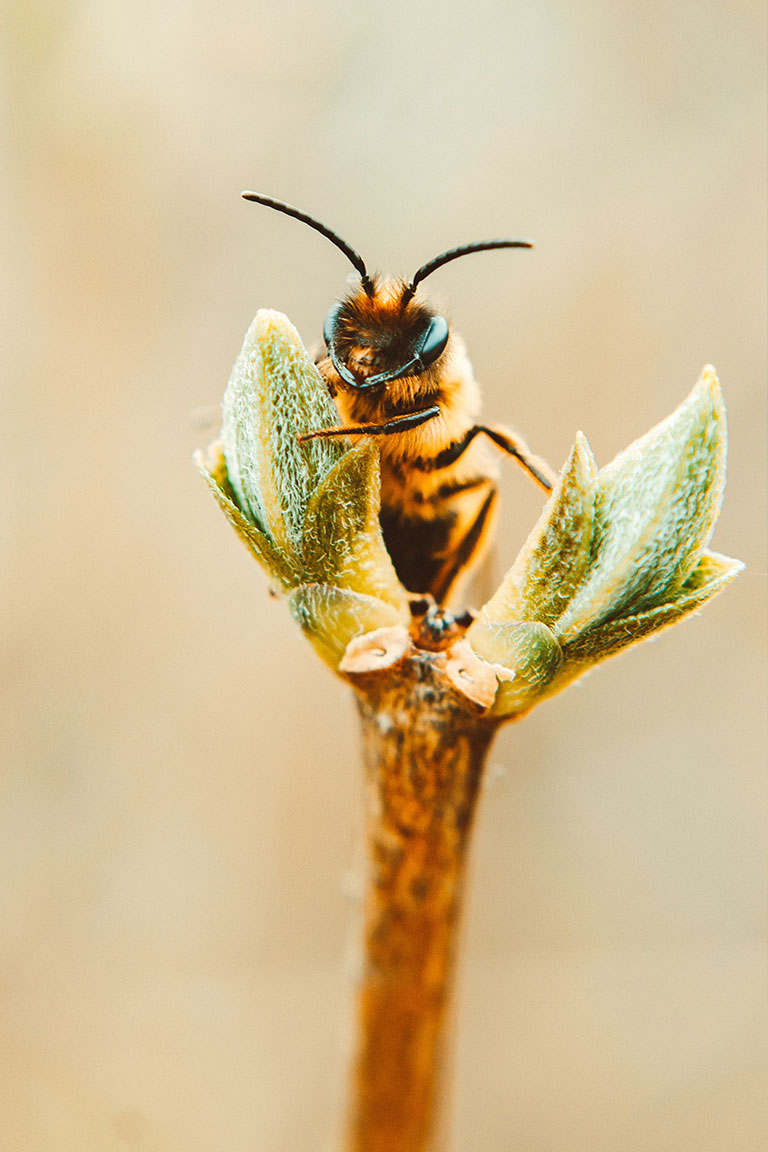
To answer this question, we must remember what veganism is all about. All animal-sourced foods are restricted in the vegan diet mainly because not good for the environment, and animals are harmed in the process.
It is easy for a vegan to dismiss the idea of eating animal meat and dairy products on this diet as it seems an outright violation of animal-right, but there is a range of other food products which are extracted or processed out of animal sources, and they all must be avoided such honey.
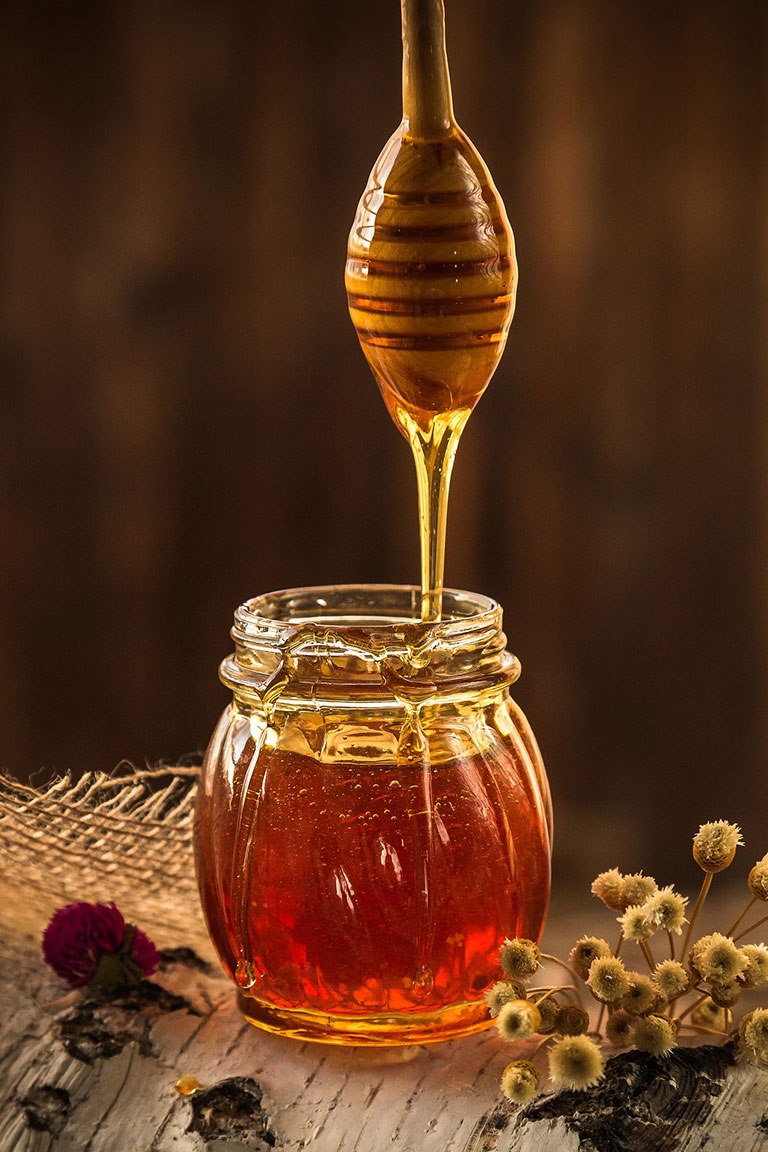
There is a number of arguments and counter-arguments to support or reject this claim. In this article, we will not only discover why vegans can’t eat honey but also, we will try to find various vegan substitutes to replace honey.
Why Don’t Vegans Eat Honey?
According to The Vegan Society,
"Honey is made by bees, for bees, and their health can be sacrificed when humans harvest it. Importantly, harvesting honey does not correlate with The Vegan Society's definition of veganism, which seeks to exclude not just cruelty but exploitation."
The controversy on whether honey is a vegan or non-vegan is as a result of most vegans not being aware of the differences between regular animal farming and bee farming.
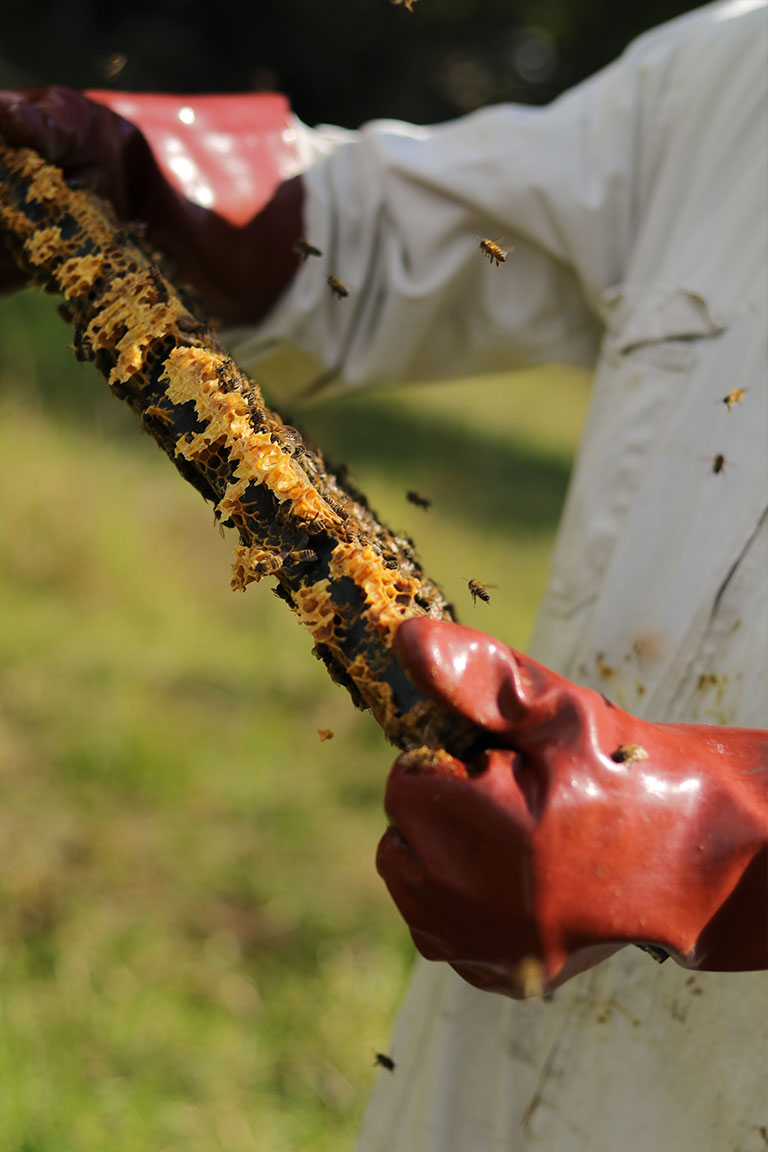
The confusion that prevails around the whole concept of honey consumption of a vegan diet is mainly because honey is the final product of the nectar coming from different flowers. Bees collect this nectar, convert it into honey, and store in their beehives. That honey is then extracted from those hives and packaged by the companies to sell for mass consumption.
Here are a few reasons to explain why a vegan cannot have honey coming from the beehives:
- Commercial Bee Farming: Naturally produced honey in the hives is not enough to meet the human needs. So, man has domesticated honey bees and built honey farms with the sole propose of extracting as much honey as possible. Every since honey production has become commercial; it has caused harm to many species of bees. Freebees, tend to make hives in such atmospheric condition which would best support their lives and the lives of their larva’s, they thrive well in a warmer atmosphere. When farmers colonize bees according to their own business profits, many colonies are destroyed due to the change of weather and artificial conditions.
- Wings Clipping: To control the movement of the bees and prevent them from swarming into places, their wings are clipped in the honey farms. In this way, the bee population is controlled artificially. According to vegans, this behavior is inhumane and will eventually lead to the loss of a number of bee’s colonies over time.
- Hive Burning: Hive burning is another major issue that makes bees farming inhuman. In order to prevent certain parts of the hives in the farms from insects and infections, farmers burn off that part, and that may also harm some bees and their larva. The use of pesticides to prevent insect attack is also another reason why vegans do not support bee farming and avoid consuming honey.
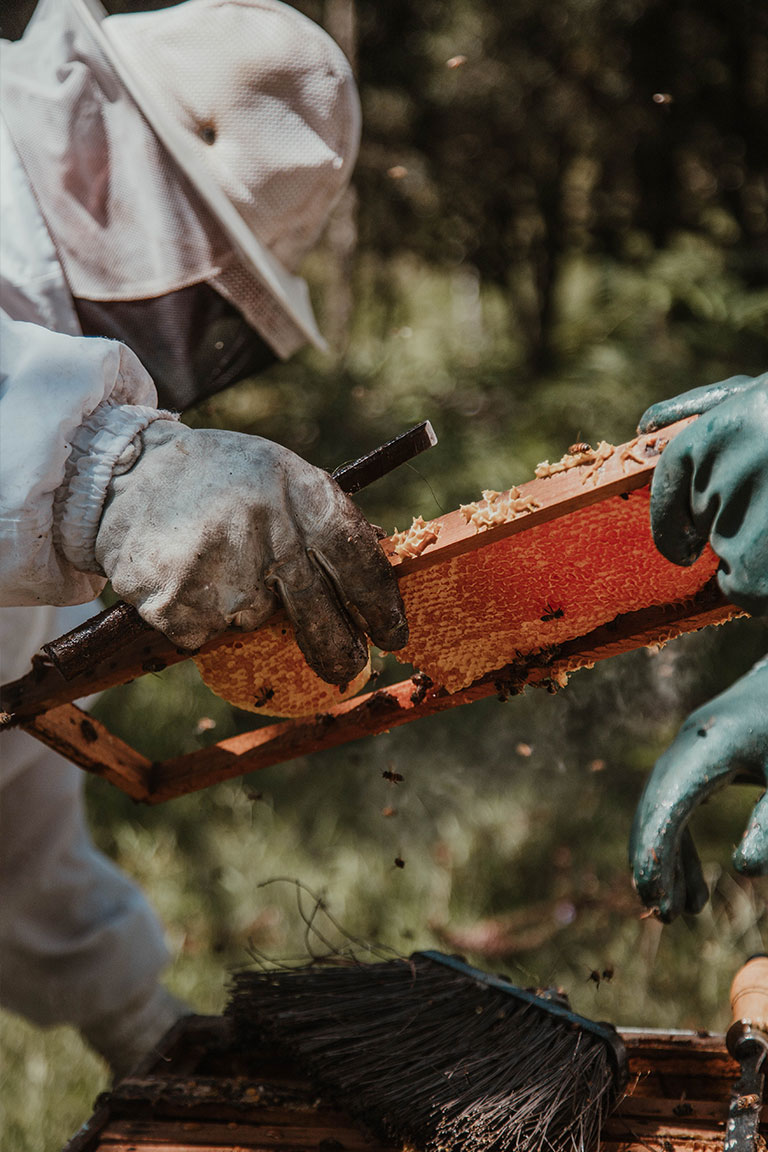
To put it into perspective, honey is mass-produced and delivered at the cost of millions of bee’s lives, so even though it is processed form of plant-sourced nectar, its mass production and consumption are indirectly hurting bees and putting their future and the future of our planet at risk. Bees are responsible for pollination, which keeps the planet planted with a variety of plants and trees. So, bees are an important part of this eco-system.
Is Manuka Honey Vegan?
Manuka honey is made from the nectar of manuka bush. This bush can be found all over the world, but the specie which helps bees make the special manuka honey grows predominantly in New Zealand, Australia. Manuka honey is not vegan or a vegan type of honey as it is also processed by the bees when they extract nectar from the manuka plant, so vegans can’t really have Manuka honey on this diet,
Generally, after bees have digested the honey, it is stored in combs. After the honeycombs have been filled, the hive consumes the honey group on the final day.
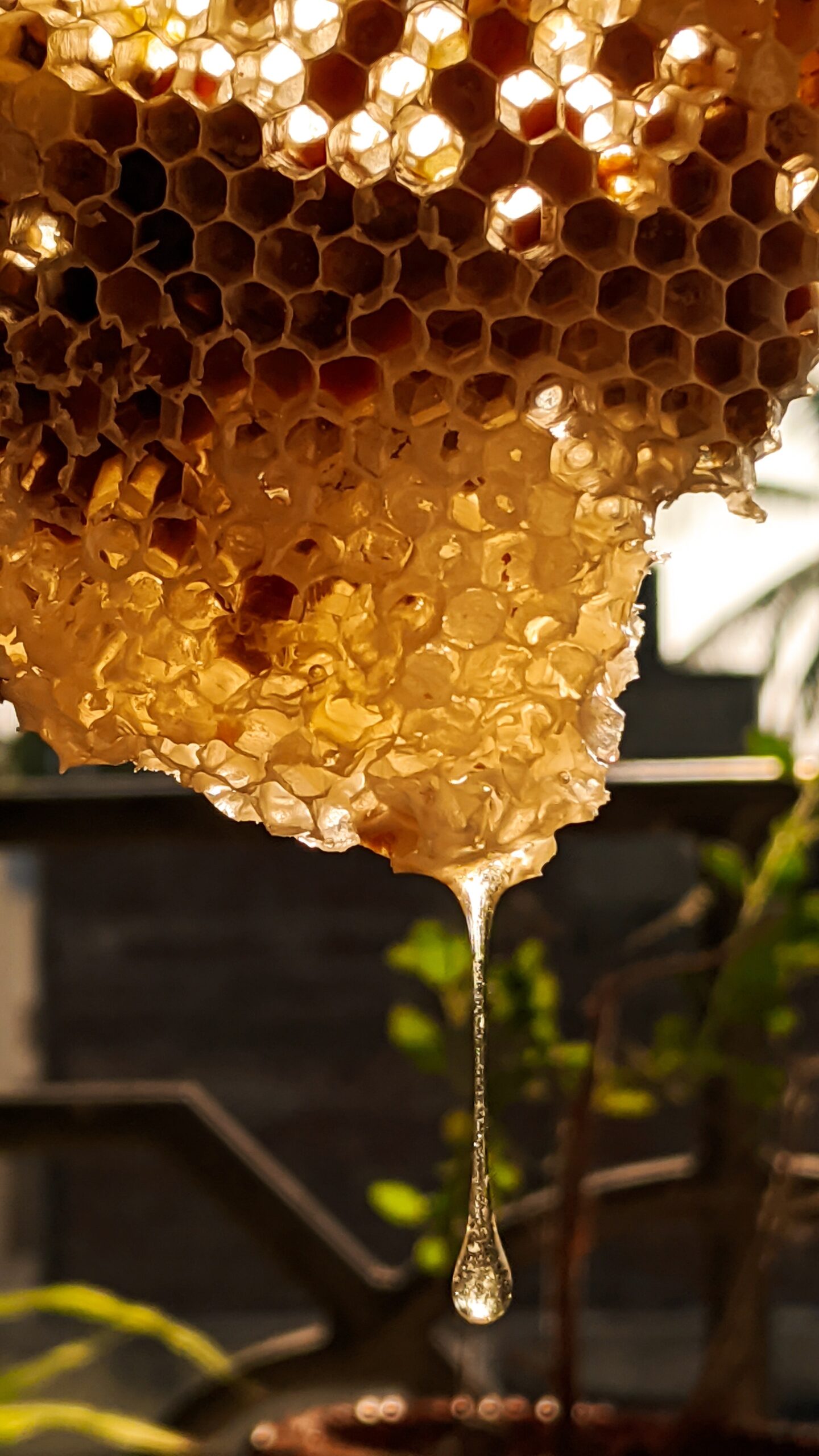
Where a commercial beekeeper is involved, the honey is usually removed before bees can feed on the final day. This is against the vegan practice as exploitation is that puts bees at risk is involved.
All said and done; I'm guessing the question on your mind at this point.
Is There A Vegan Honey?
Not naturally, But there are certain brands that offer vegan honey substitutes by processing apples or pineapple juices with lemon and sugar. You can't call them honey but the taste is quite similar and can be a great cruelty-free honey substitute.
You can actually make your own Cruelty free Vegan Honey at home with this easy recipe. This finger-licking vegan honey is made by simply reducing apple juice and sugar syrup to a thick gooey constancy. It is flavored with chamomile flower tea bags to give it a more honey-like flavor.
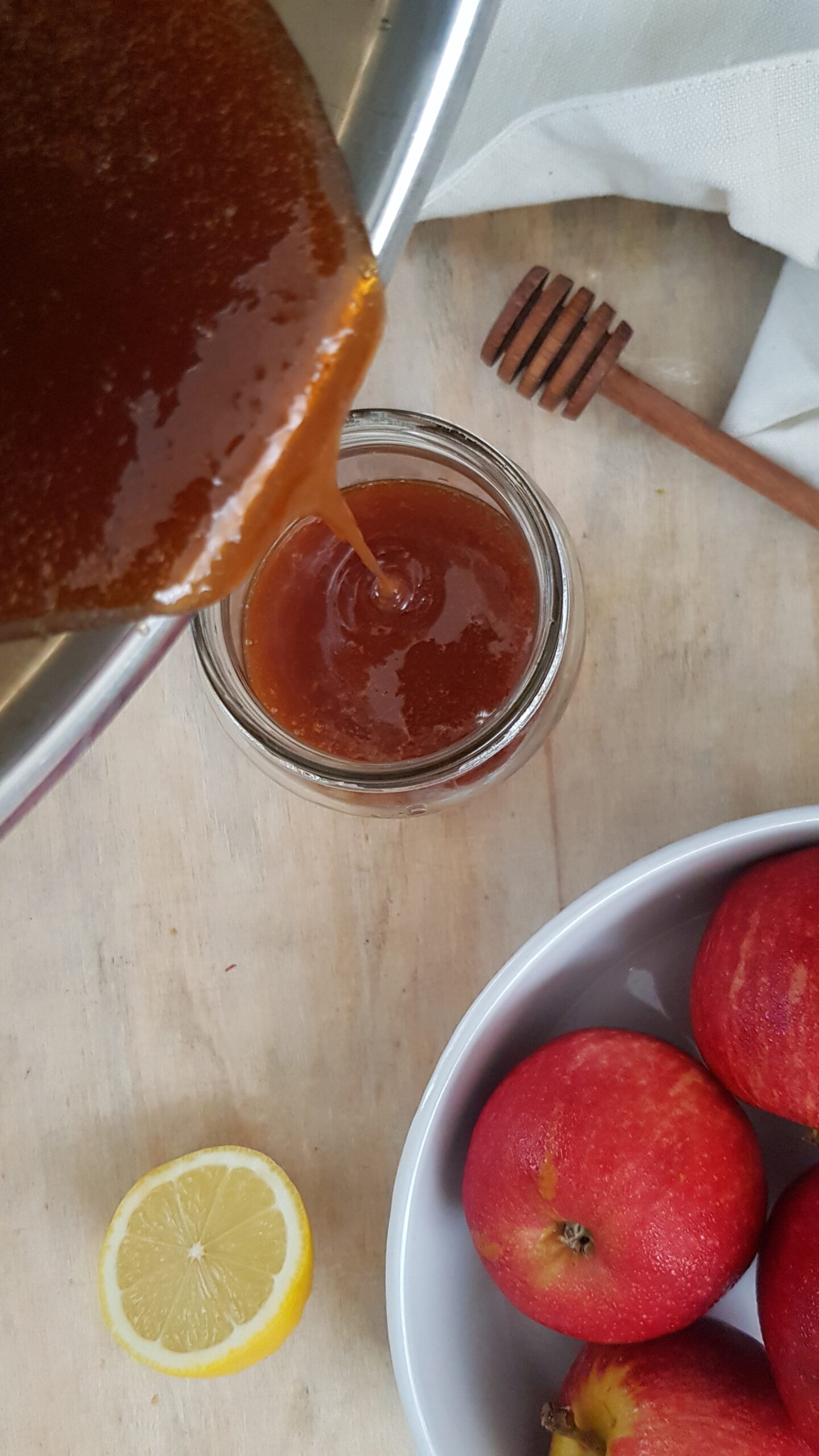
Watch how to Make Vegan Honey At home
Vegan Honey Substitutes:
Now that we have established an understanding of honey and its sources, it is clear that you cannot eat honey on the vegan diet. So, is there vegan honey?but there are certain vegan substitutes which share some similarities with pure honey. Though these substitutes cannot completely mimic the taste and texture of the honey, they are close enough to add the desired flavor and texture to the food. Here are some of the common vegan honey alternatives available in the market:
- Agave syrup: This syrup is commercially extracted from the agave plant and then processed into a thick and smooth syrup. The best part about agave syrup is that it comes in different flavors, varying in sweetness and colors. Like honey, agave syrup also has a thick and caramel-like consistency.
- Maple syrup: This syrup is commercially extracted from the maple plant, and then the sap of this plant is processed into a thick and smooth syrup. Maple syrup is loaded with minerals, vitamins, and more than 24 types of antioxidants.
- Blackstrap molasses: It is basically prepared out of the sugar can juices. When those juices are boiled constantly three times, they are converted into thick dark brown liquid. This is sweet and rich in calcium and iron.
- Barley malt syrup: This syrup comes from the sprouted barley. The liquid obtained from the barley is cooked to convert it in a thick golden colored syrup, which has a sweetness similar to molasses.
- Brown rice syrup: This rice syrup is prepared out of brown rice through the process of malting. Rice is treated with enzymes that break their starch and convert it into a thick and dark syrup, which is also known as rice malt syrup.
- Date syrup: As the name indicates, the date syrup is processed out of the sweet date water. This syrup can also be prepared at home. Dates are first cooked in water at boiling temperature, and then that water is cooked until it thickens into a caramel-colored syrup. This syrup has a natural sweetness of dates, and it is considered healthy.
- Bee Free Honey: There are certain brands that offer vegan honey substitutes.
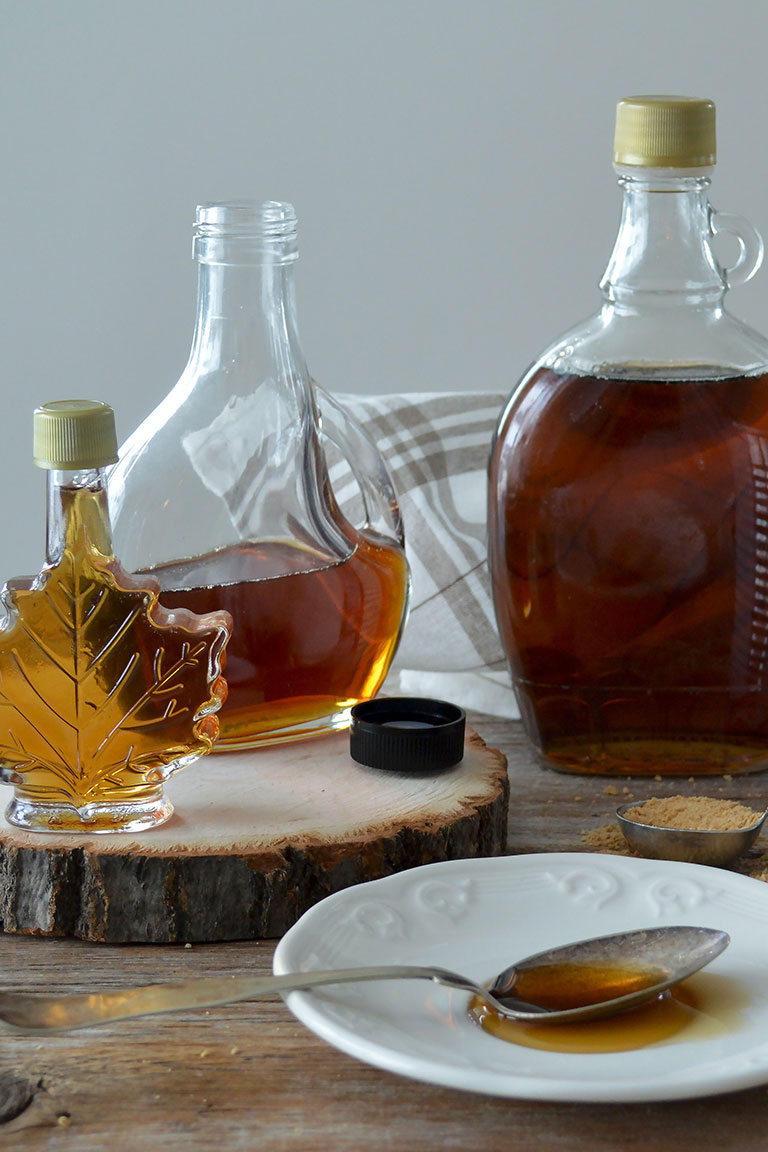
So, can you eat honey if you are a vegan? Certainly not! In the light of the facts given in this article, it is best for vegans to try all the plant-based, bee-free substitute of honey which are equally sweet and delicious.


Olimpia Yamane says
Another reason why manuka honey has become so popular in the cosmetic industry is that it is produced using only the best quality ingredients. And, since the ingredients are naturally occurring, it is much easier to obtain it.
None says
Clearly whoever said this has no knowledge on beekeeping.
Bees may make it for themselves but it is made in such excess that what is taken is easily made again just as quickly and they arent starved out of it.
It doesn't harm them and doesn't kill them and beekeeping is GOOD for the environment because it is making an effort to protect pollinators which is extremely important to the environment.
Learn before you speak.